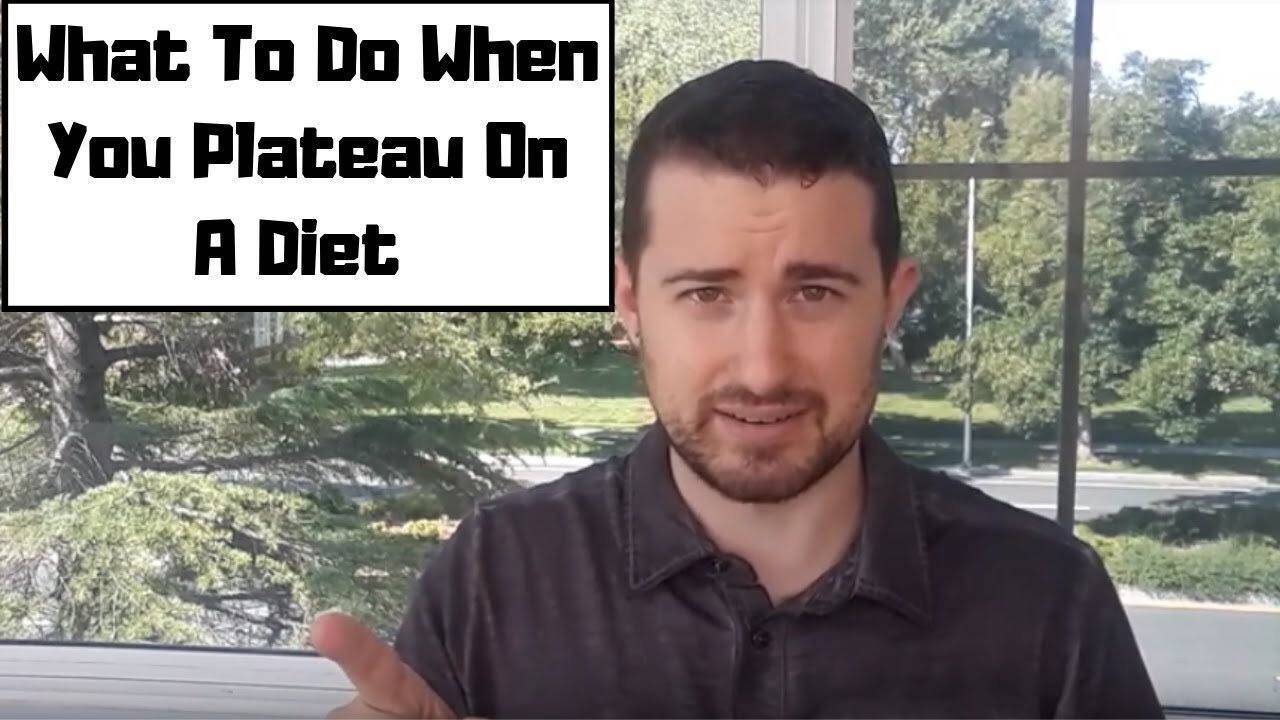VIDEO SUMMARY:
Instead of thinking you have failed, you must see your failures as chances to learn.
In particular, you must isolate and analyze instances of emotional, binge, compulsive eating. These we’ll call collectively “relapses”. We need to drop our judgment of ourselves in these situations, have compassion, and shift into a learning mentality.
When you reflect, learn, contemplate and evaluate these experiences with nonjudgmental awareness, there are 3 action-items for you to use:
- Reflect before your relapse:
- what sort of expectations were you holding? Did any of these put undue pressure on you?
- how were your sleep and stress levels? Were you sleep deprived or stressed out? oftentimes fixing these variables can be the key to getting out a plateau
- were you triggered? Did someone yell out you? A death in the family? A breakup? Were you in a vulnerable state? Nothing wrong with vulnerability, let’s just try to understand what was going on before we relapsed
- Were you present while eating instead of mindlessly eating?
- mindful eating is hugely important. It’s effective, free and easy to understand. People underestimate the importance of mindful eating. You don’t have to be totally mindful for every bite, but just a few moments, notice the food, turn off the phone, be present
- but mainly, a relapse occurs because we want to disconnect from our eating experiences. Does this happen to you?
- When did the food no longer taste good? You may be eating on autopilot if you are unable to identify when food no longer tastes good. This may mean you are eating more than you need.
- What can you do differently next time?
If during step 1, you realize you are stressed, here is another video of mine on this topic, watch here: https://www.youtube.com/watch?v=qB7-zWh2PKM
COMMENTARY BELOW:
This third step is the most important. You must see how disconnected you were during your eating experience in step 2 and make a sincere effort to be just a little bit more mindful next meal.
Remember, progress, not perfection. You don’t need to be totally mindful and it’s okay if you are unsure at what point in the meal you are satisfied.
The first point is hugely important.
You’re behavior is oftentimes a product of your environment. When you are stressed and sleep deprived, of course you’re going to hit a plateau!!
When you are triggered emotionally, of course you are going to overeat!!
I can’t tell you how helpful knowing your triggers is. This is hugely important.
Here’s a typical pattern that I’ll help someone with when I work with them.
In the beginning they are stuck and don’t want to go through these steps. They want to stick with what worked in the past.
I always find this somewhat funny because the person reached out because they were stuck, and now they don’t want to change. But I understand. Looking at our emotions is tough, confusing work. The desire to stick to the familiar is deep.
Nonetheless, usually people come through. They start admitting that they binge eat and emotionally eat more than they care to admit.
This is normal. No shame. It’s okay. It’s better to talk about these patterns than to pretend they don’t exist. It’s usually a bit disheartening for people as they start to confront these powerful emotional patterns they were subconsciously avoiding and pretending didn’t exist.
At first, listening to triggers, stress, and expectations is a confusing mess.
Maybe someone gets yelled out and has chronic stress at work, isn’t sleep enough, and has put a lot of perfectionist pressure on themselves. So untangling that mess takes a bit of time.
However, with gentle encouragement (never scolding or punishment) … people start to have insights.
This can be greatly facilitated by the use of a food journal, where you log how your emotional experiences are around food.
For example, someone might log:
- 10am – before eating was moderately hungry and felt stressed – ate eggs bacon and croissant, got seconds – afterwards felt too full – don’t remember what the food tasted like
After seeing a pattern here …
Quick note – usually you have to see a pattern. This isn’t solved in one entry.
Anyways, after seeing a pattern, people start to make changes.
They start to realize that their lack of sleep or these triggers are causing them emotional pain. This emotional pain is causing you to go to food to feel better.
Previously, you weren’t aware of these hidden motivator and that’s why you got stuck on your weight loss journey, but now you are clear minded and seeing reality.
The reality is you need to take care of yourself better. There’s no work-around.
Oftentimes we resist this solution because we intuit that it’ll involve effort and won’t be entirely straightforward.
You’re right, it won’t, but you can definitely overcome your plateaus here.




